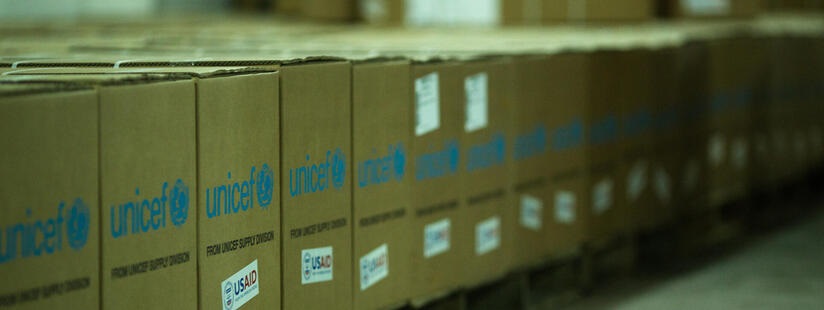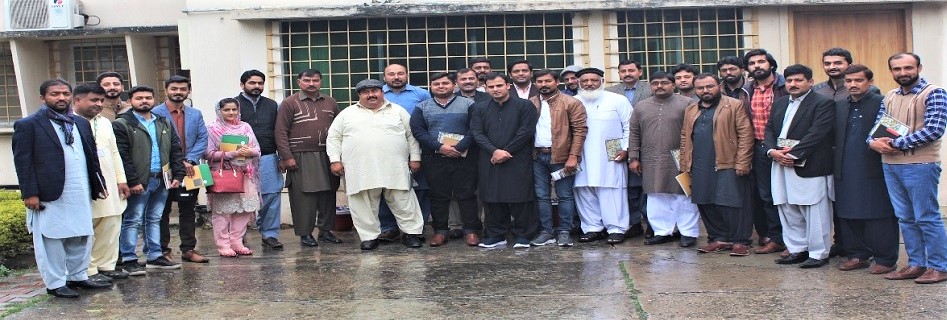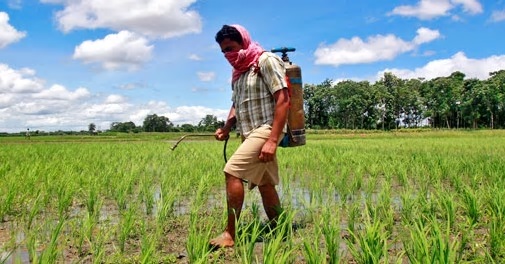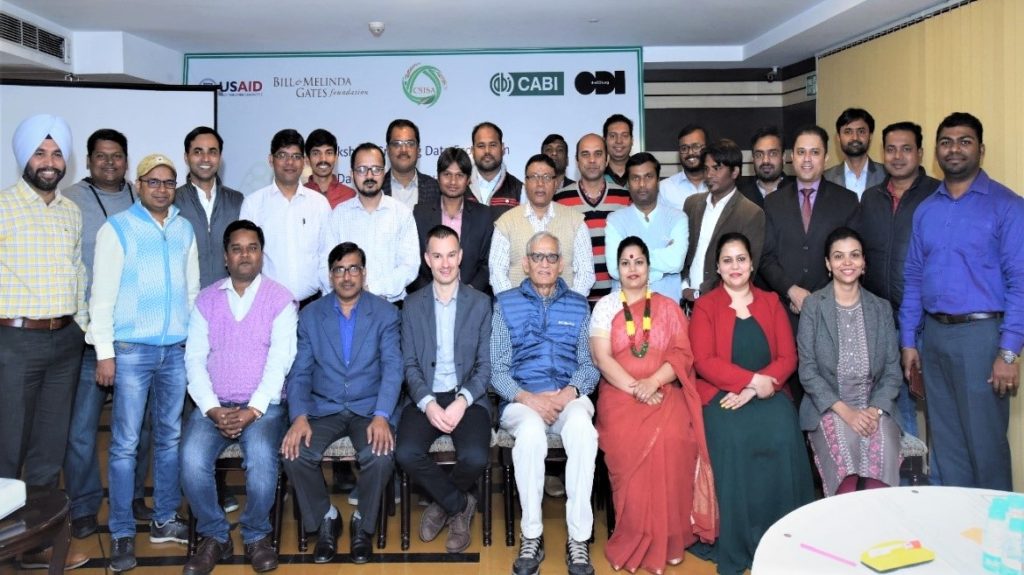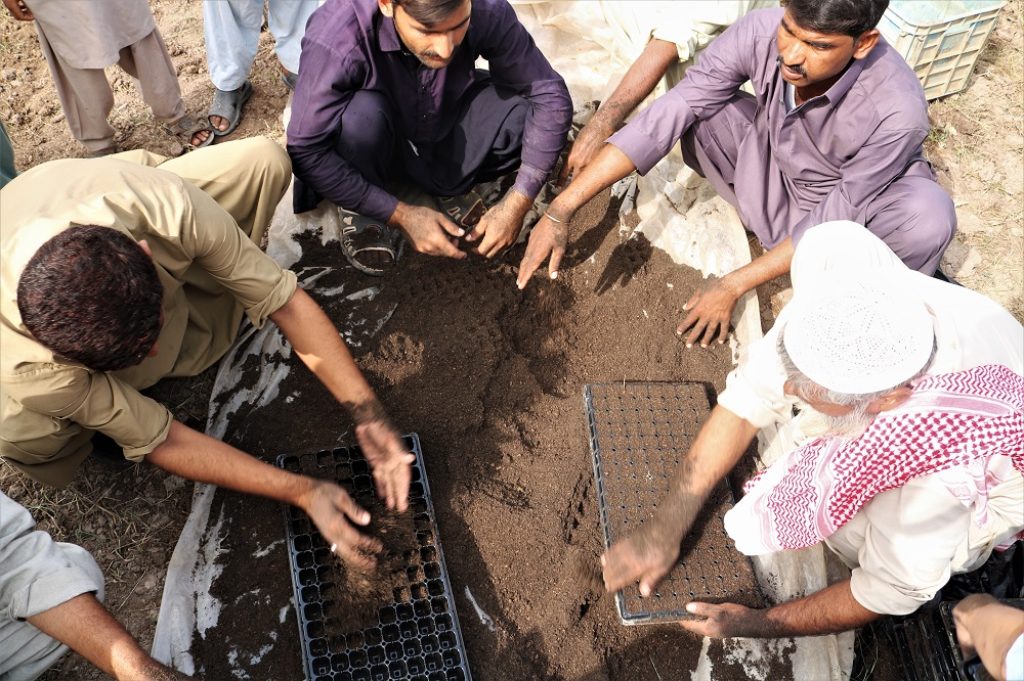CABI scientist defends PhD thesis on risks of pest and disease movement via plant and seed exchanges
CABI scientist Dr Iva Franić has successfully defended her PhD thesis looking at the risks of pest and disease movement via plant and seed exchanges. Dr Franić, co-supervised by Dr René Eschen, Research Scientist, Ecosystems Management, and Risk Analysis and Invasion Ecology at CABI, obtained her PhD degree from the University of Bern in Switzerland,…
Coronavirus and the Implications for Food Systems and Policy
In this blog, which originally appeared on the Agrilinks website, we take a look at the potential for COVID-19 to impact local and global food systems and their ability to provide safe, affordable, and nutritious food as well as sufficient incomes for people working in food and agriculture sectors. We thank the authors Billy Hall,…
Workshop focuses on creating healthy ‘data ecosystems’ to boost food security in India
CABI has been funded a two-year US$1.49 million project by the Gates Foundation to help increase food security in India and Ethiopia through better access to data on soil health, agronomy and fertilizers. This is being carried out with a focus to ensure that available data on agricultural development is based upon FAIR principles–Findable, Accessible,…
Secrets of ‘military mould’ unearthed after being hidden for over 75 years
Just a day before the plan for the invasion of France – known famously as ‘Operation Overlord’ – was confirmed on 8 February 1944, the now defunct Ministry of Supply (MoS) convened a conference on the prevention of mould growth of which CABI was privy to its information deemed ‘secret.’



